We are excited to announce that Lori Huston will be sharing her graduating work from the Master of Education in Early Childhood Education program at UBC. Please e-mail us at early.years@tbdssab.ca to join us for this amazing learning opportunity.
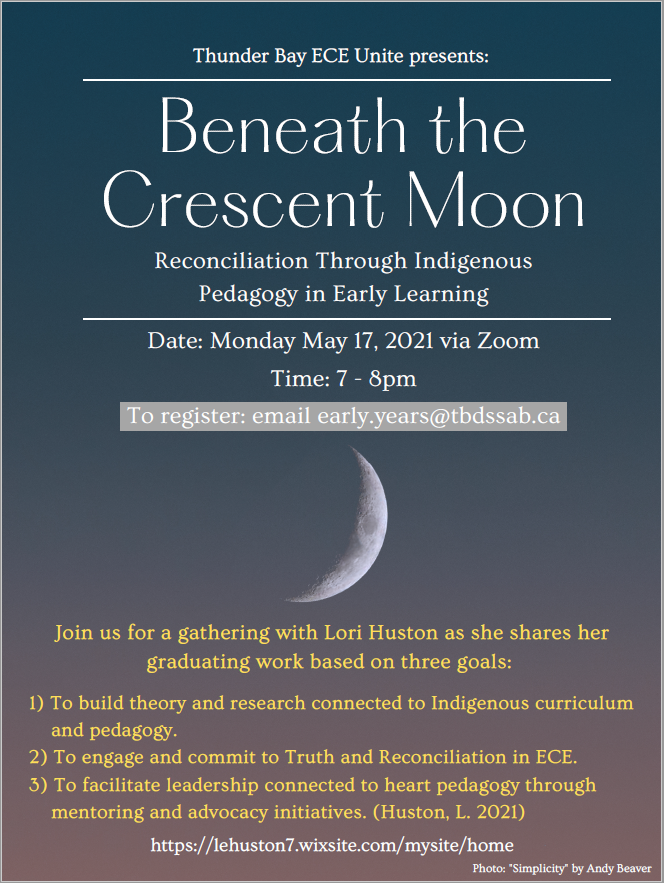
We are excited to announce that Lori Huston will be sharing her graduating work from the Master of Education in Early Childhood Education program at UBC. Please e-mail us at early.years@tbdssab.ca to join us for this amazing learning opportunity.

We had a wonderful conversation last week about pedagogical documentation. Three educators joined us who each play a different role in our community – one educator in child care, one supervisor of a before and after school program, and one EarlyON coordinator. This diversity of experience made for a unique dialogue and the opportunity to share different perspectives. We all read the article, Curiosity, Curriculum, and Collaboration Entwined: Reflections on Pedagogical Documentationby Pat Tarr.
As we discussed the article, an interesting dialogue came up around interrupting children’s play. Traditionally, we have been taught to ask children open-ended questions – “what are you building?” “what do you think will happen when you stack another block on top?” We felt that this can sometimes interrupt and change the direction of children’s play, and we agreed that we should be thoughtful in deciding when is a good time to enter children’s play and ask questions. It was said that we need to give ourselves permission to take a step back and observe more.
As the conversation continued, we began thinking about how educators pick and choose what they feel is worth documenting. Tarr (2010) states in the article that “what we choose to document reveals and reflects back to us what we consider important, as well as help us to see ourselves as educators within the educational relationship” (p. 12). This conversation reminded some of us about another article by Pat Tarr that talked about ethics and biases in pedagogical documentation. We shared mixed feelings about this article, and some of us plan to dig a little deeper to decide if or how the information fits with our practice. You can access the article here: Reflections and Shadows: Ethical Issues in Pedagogical Documentation,.
Finally, one of the educators bravely shared her documentation with us. She wondered, “is this documentation?” There isn’t one right way to document children’s learning; taking time to practice documenting and experimenting with different techniques can help educators to feel more confident. We discussed our questions and curiosities about this documentation, and a new idea was shared about “stories from home” (Hedges, 2010). Essentially, “stories from home” is a form that goes home for families to fill out and share a story that took place with their child outside of the early learning setting – it’s getting the families to document!! We discussed that this would be a great way of getting to know children and families better, and building stronger connections between, for example, child care and home.
Let us know what you think about these ideas or about the articles provided in the chat below.
References
Hedges, H. (2010). Blurring the boundaries: Connecting research, practice and professional learning. Cambridge Journal of Education, 40(3), 299-314. http://dx.doi.org/10.1080/0305764X.2010.502884
Tarr, P. (2010). Curiosity, curriculum, and collaboration entwined: Reflections on pedagogical documentation. Canadian Children, 35(2), 10-14.
Tarr, P. (2011). Reflections and shadows: Ethical issues in pedagogical documentation. Canadian Children, 36(2), 11-16.
We wanted to say a special thank you to Ari Vainio and Jaymie Rusnak for hosting a conversation on communicating with parents during COVID-19. Ari and Jaymie had many clever ideas to support communication with families during these trying times. One unique example is their “virtual playdates”. Ari and Jaymie have scheduled times where families can pop in on Zoom and have a virtual visit in the program. This allows parents to get acquainted with the environment where their child spends so much of their day, and to meet some of the other children that their child plays with. Another creative idea that they shared was offering parents the option of going for a social-distanced walk (when the public health direction allows). Ari and Jaymie shared that they would go for social-distanced walks throughout the Lakehead University campus with families as a way of getting to know each other better. This provided families with a sense of comfort and trust in knowing who they are leaving their child with each day.
While there were many great ideas shared throughout the conversation, we were still left feeling like it wasn’t enough, and that we wish we could have a closer relationship with families right now. This presented as a good reminder for all of us that we are doing the best we can in the circumstances that we are dealt with currently.
Let us know how you’ve been connecting with families in the comments below.
The staff at Kanata Research Park Family Centre have put together an exhibit to “[celebrate] the sounds of children, of families, of nature and living things, of imagination, of democracy, of community, of tension, of reunion, and of connection” (para. 2). They reflected on the eerie sound of quiet within the child care centre when the COVID-19 pandemic shut down their programs, and the beautiful sounds when the children returned.
You can find a link to the virtual exhibit in the COVID-19 section of our Portal.
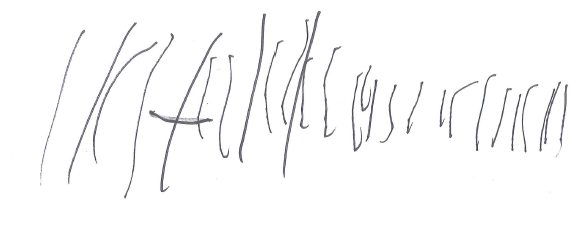

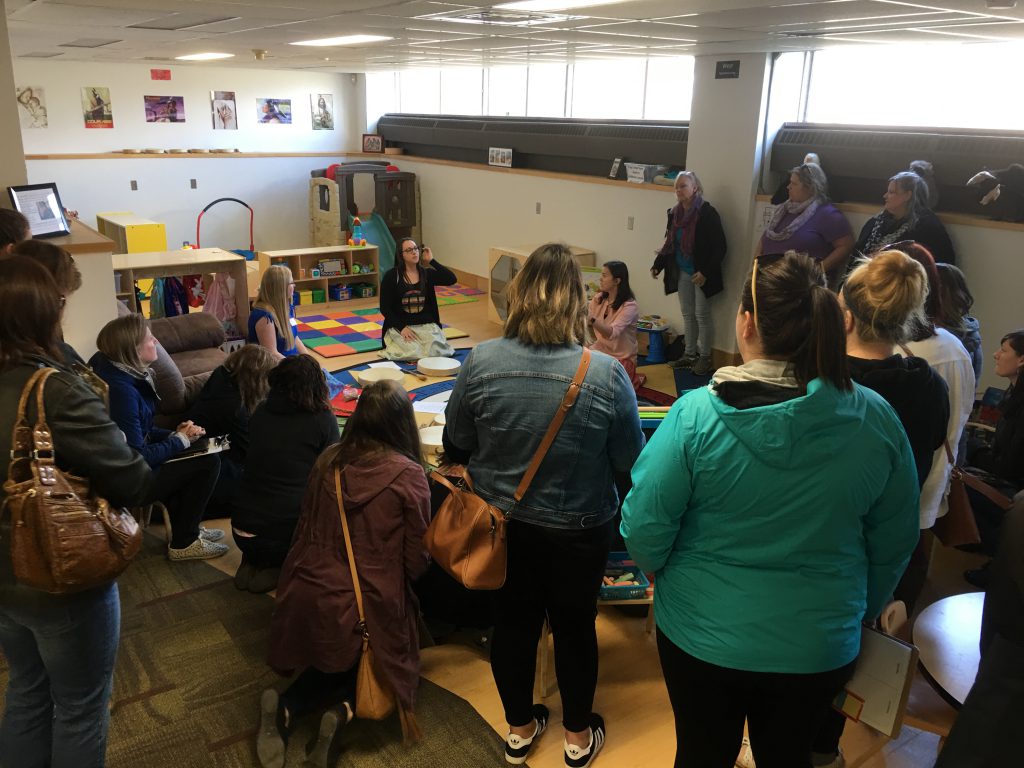
The District of Thunder Bay Social Services Administration Board recently offered a survey regarding staff well-being. Some of the feedback from this survey was to support staff through re-connecting and opportunities to support mental health.
We know that many of the staff working in child care and EarlyON programs in our communities have strengths and talents to inspire, showcase, and bring comfort to others. Do you or does your centre have a skill to share? A story to tell? Perhaps you have a colleague that has a gift that you recognize others should see. Whether it’s documentation, cooking, crafting, or storytelling, we would like to hear what you could share virtually among our community!
Submit your idea to us at early.years@tbdssab.ca
For your information, the Early Childhood Community Development Centre (ECCDC) has created FREE podcasts related to the field of Early Childhood Education. Some examples of topics include: Recognizing Educators’ Dedication and Cultivating Well-Being, How to Cultivate Culture for Learning in Challenging Times, and Rethinking Documentation Strategies in this Challenging Time. Click HERE to stream the podcast on your device.
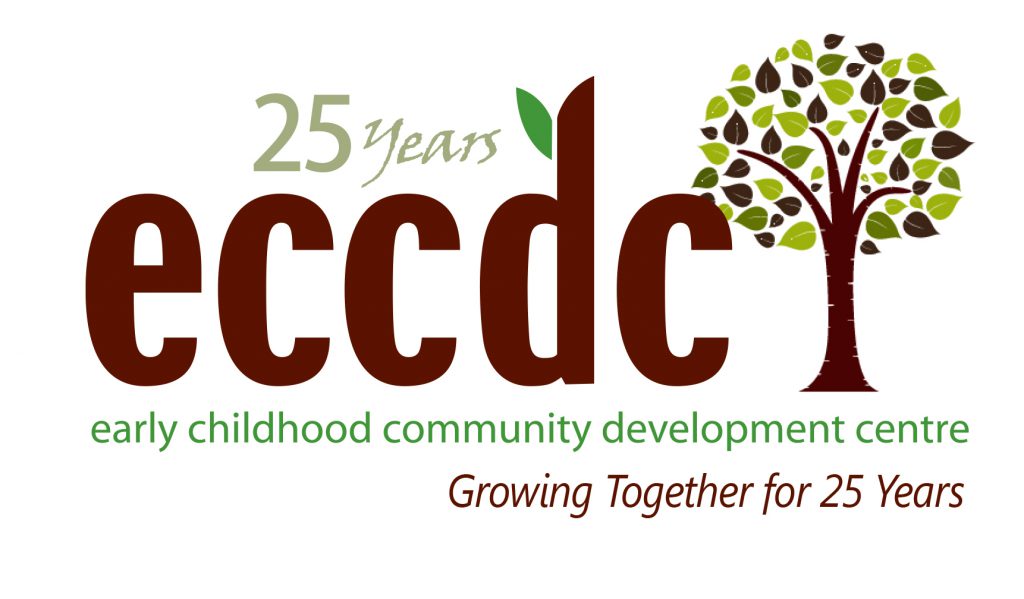
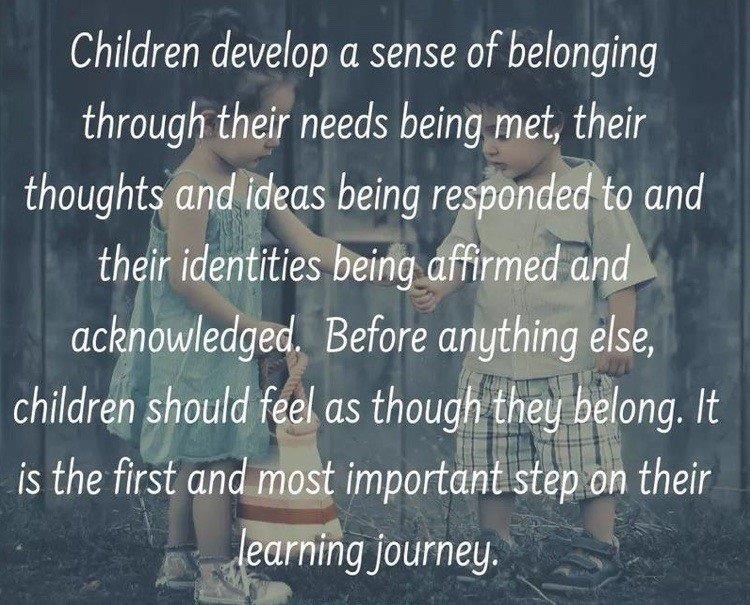
The College of Early Childhood Educators developed a Practice Guideline in July 2020 on Pedagogical Practice. In this Practice Guideline, the College defines pedagogy as follows:
“Pedagogy is the understanding of how learning takes place and the philosophy and practice that supports that understanding of learning. Pedagogical thought is growing in complexity and must consider diverse and changing contexts (Vintimilla, 2019). Across Canada, and internationally, there are growing theoretical and practical discussions that describe pedagogy as a way of being that sparks conversations about life, the environment, community and relationships (CECE, 2020, p. 4).”
As you reflect on this definition of pedagogy, we encourage you to consider:
We welcome you to share your thinking with us below.
A Child Care program who was able to provide Emergency Child Care services in Kingston writes, “We were apprehensive about parents not being permitted to come into into the centre, however, the staff found effective ways to use electronic communication with families (notes/photos etc.) so not seeing their child’s teacher face to face was not an issue at all; in fact we have received so much positive feedback from families that they feel very involved and informed about what is happening at the centre even though they have not set foot indoors” (Ontario, 2020, p.3)!
What are some ways that you can invite feedback from and engage with families while maintaining physical distancing?
